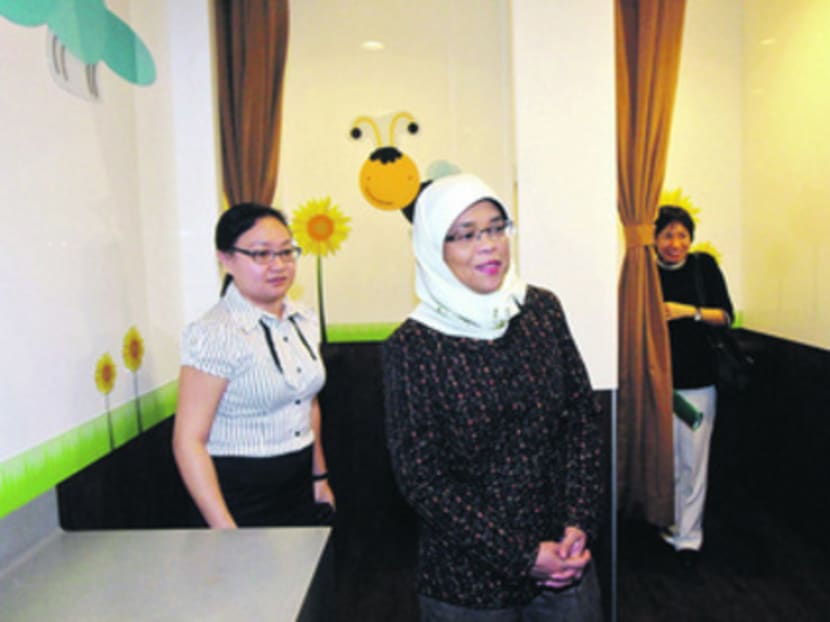Work-life balance ‘remains stable’
SINGAPORE — Work-life harmony remained stable here over the past six years, even though more could be done to promote a supportive work-life culture, said a Ministry of Social and Family Development study that was released yesterday.
The study, which involved 1,650 respondents, found that Singapore scored 63 out of 100 in work-life harmony, with 0 indicating “no harmony” and 100 indicating “total harmony”. Singapore scored 64 in the inaugural study in 2006.
According to the study, those who are married with children score higher on the Work-Life Index, compared with those without children. The study further found that more measures to support better work-life culture, such as flexible working hours and telecommuting, have been made available even though the adoption by employees could be higher.
Currently, the proportion of respondents who reported the use of flexible working hours and telecommuting stands at 15 per cent and 7 per cent respectively. In 2006, the proportion who reported the use of flexible working hours and telecommuting was 12 per cent and 4 per cent respectively.
Flexible working hours and telecommuting are “critical measures” in attracting and retaining young working parents, said Mrs Lim-Yang, an executive committee member of Employer Alliance, an organisation set up to facilitate work-life strategy implementation in companies.
And some companies here have taken note. DBS Bank’s head of human resources Samantha Chia said staff are encouraged to hold meetings between 9.30am and 4.30pm on weekdays. On Fridays, staff are encouraged to leave at 5pm to spend time with their families, she added.
At Standard Chartered, employees are encouraged not to have internal meetings or conference calls after 3.30pm so that all staff may leave at 3.30pm once a month or at least at 5.30pm every Friday.
Although companies understand the importance of cultivating a work-life balance, Mrs Lim-Yang felt that certain misconceptions of flexible working hours remain and they become roadblocks in rolling them out as a company-wide practice. “Our message to them is to always start somewhere and work out which demographic really needs flexible working hours because meeting their needs is always a good business case as it retains and attracts talent to the company.”
Minister of State (Social and Family Development) Halimah Yacob said her ministry will collaborate with the public, private and people sectors to reinforce the importance of spending time with family. “Work-life harmony is not about working less. It is about people having the flexibility to integrate their work, family and personal life to achieve the best outcomes in these areas,” she added.










